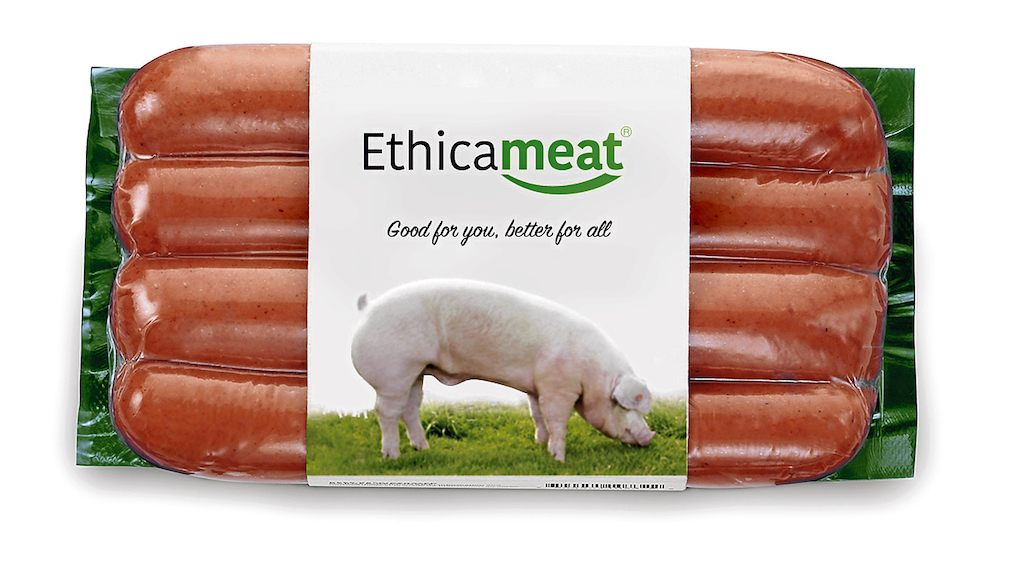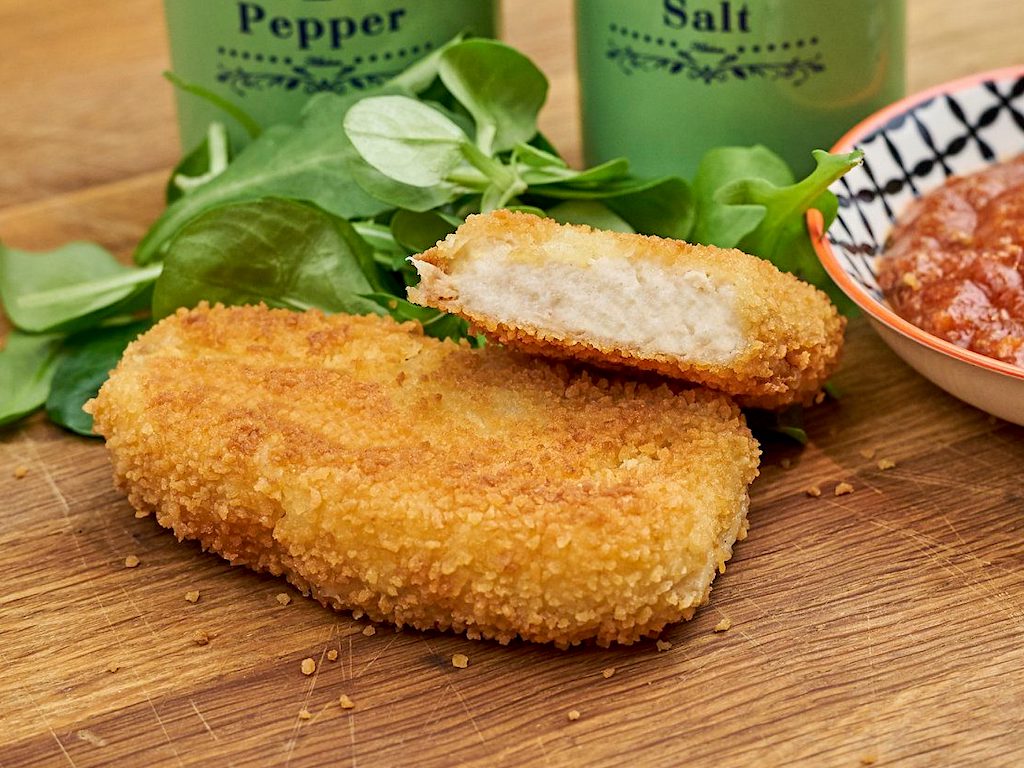3 Mins Read
A cultured meat research consortium project called Meat4All has just been awarded a €2.7 million (US$3.16 million) grant under the European Union’s Horizon 2020 R&D funding programme. It marks the first cell-based meat project to receive public funding from the EU, a major indicator of the bloc’s recognition of the solution that the sector holds in the effort to build a more sustainable protein supply chain.
Led by BioTech Foods, the Spanish startup behind cell-cultured meat Ethicameat, the Meat4All consortium is a research program focused on industrialising and commercialising consumer-facing alternative proteins made using cellular agriculture technology. The project, which will also see participation from French biotech supplier Organotechnie, will further undertake research into consumer market acceptance and food safety testing with the goal of bringing these products to the EU market.
The €2.7 million (US$3.16 million) grant was first allocated to the project in August this year, but it has only just been made publicly known. It marks the first time that EU funds have gone towards a cell-based venture, representing a major show of support for the burgeoning industry and the solution it holds to sustainably meet the growing demand for meat.
This is the first time that Europe has effectively committed to cultured meat. Cultured meat will be a key ingredient of our future diet, and now we have it confirmed also by the institutions.
Iñigo Charola, CEO of BioTech Foods

“It is hugely satisfying for the entire team at BioTech Foods, and for our partners at Organotechnie, to obtain this backing from the European Union for our ‘Meat4All’ project,” said Iñigo Charola, CEO of San Sebastián-based BioTech Foods.
“This is the first time that Europe has effectively committed to cultured meat. Cultured meat will be a key ingredient of our future diet, and now we have it confirmed also by the institutions.”
It’s in keeping with the outlined EU Green Deal, which pledges to push the bloc towards net-zero by 2050 through various strategies, one of which includes developing new ways to produce food under its Farm to Fork plan. Among the concrete targets set aside were promoting organic agriculture, reducing the use of pesticides and fertilisers, and investing in alternative protein research – including developing marine and insect-based proteins, which are not slaughter-free, as well as plant-based, cell-based and microbial-based alternatives.
Specific targets that the Meat4All research consortium has set include scaling up cultured meat production from kilograms to tonnes while maintaining the nutritional value in such large-scale quantities, developing novel ways to culture cells without animal serum, and using non-GMO animal cells. They will also be conducting taste trials to test the market with the aim of creating a competitive product.
Meat4All will create a new development area which will enable the European industry to leverage the high potential of this market.
Meat4All Consortium

“By extending this technology, ‘Meat4All’ will create a new development area which will enable the European industry to leverage the high potential of this market, by fostering competitiveness and creating growth throughout the European Union,” explained the group.
In the wake of the coronavirus pandemic, which has exposed the vulnerability of traditional animal agriculture and other animal-dependent industries, other governments have too set aside more funds to support the cell-based meat sector.
Recently, the National Science Foundation (NSF) in the U.S. allocated UC Davis a US$3.5 million five-year grant for cultivated meat research, marking the first major government grant in the country dedicated to a cellular agriculture protein project. It came after the announcement made by the USDA and FDA that the bodies will start the rule-making process for the sector in the near future.
In Japan, where authorities have confirmed that it will draw up rules and regulations for cultivated foods, grant money from the Ministry of Economy, Trade and Industry was recently awarded to Tokyo-based food tech IntegriCulture to build its commercial production facility for cell-cultured products.
All images courtesy of Ethicameat.




